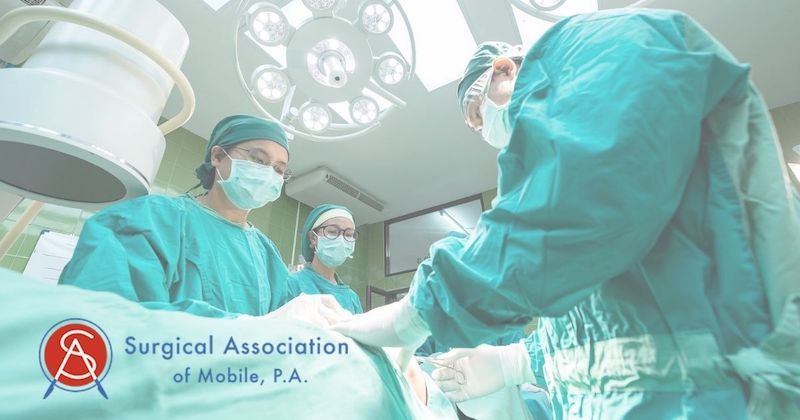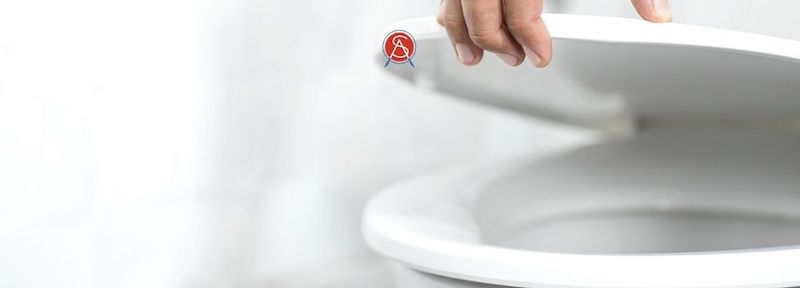
The thought of removing an organ can make the strongest of us shiver. Luckily, however, not out all of our organs are necessary, and the gallbladder is one of them. The gallbladder is a pear-shaped organ attached to the liver, which acts as a repository for bile produced by the liver. When we consume large meals full of fatty, spicy foods or high sugar foods, the gallbladder contracts to push bile into the digestive system, improving the metabolization of fat and digestion in general.
Over time, however, the gallbladder can become diseased or can fill with large and/or small gallstones.
Many of us can develop a gallstone. However, some asymptomatic gallstones may be followed without surgery. Some of us with gallstones may need theirs removed even without symptoms. Some patients have symptomatic gallstones. Symptoms occur when a gallstone blocks bile from exiting the gallbladder. This can cause swelling of the gallbladder including pain, nausea and general ill effects. Unfortunately, after the first gallbladder attack, they tend to get more frequent and severe.
What’s the Solution?
The solution for the majority of symptomatic gallbladder issues involves a cholecystectomy or complete removal of the gallbladder. The cholecystectomy is a very straightforward procedure and one of the most common surgeries performed in the United States. It has a low complication rate, and most patients are able to return to normal activity within just a couple weeks after surgery when their incisions have healed. Typically, the side effects of a cholecystectomy are minor, mostly revolving around changes in digestion due to altered metabolization of fat.
So, Can the Gallbladder be Removed Without Any Issues?
Many patients successfully had the gallbladder removed. The bottom line is that in many cases patients can successfully have the gallbladder removed without significant changes in lifestyle or diet. When suffering from “gallbladder attacks,” the post-operative changes can be minor in comparison. Patients may see temporary or long-term changes in bowel frequency or urgency to pass a bowel movement. Any symptoms should be discussed with your surgeon in the post-op visit.
All in all, those who have their gallbladder removed live a normal life after surgery and do not have to worry about gallstones potentially causing a debilitating attack. If you are experiencing abdominal pain in the upper right quadrant under your rib cage, this may be a sign of gallbladder disease. As with any abdominal pain, it should be evaluated by a general surgeon or other qualified medical professional for an accurate diagnosis and appropriate treatment plan.



